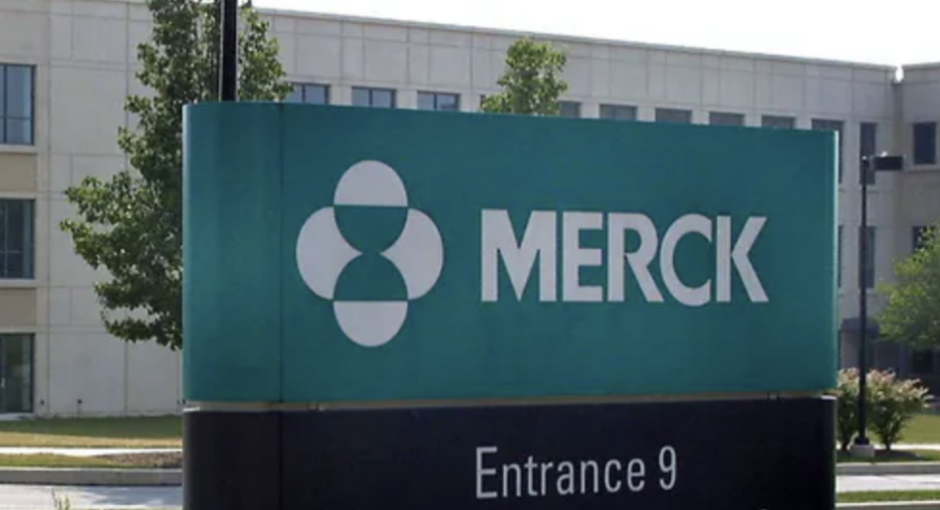The National Association of Community Health Centers this week strongly urged drug manufacturer Merck to eliminate “all conditions imposed on health centers to receive 340B price drugs at contract pharmacies.”
Merck’s April 28 decision to extend its restrictions on 340B pricing involving contract pharmacies to health centers “threatens health centers’ ability to provide affordable, comprehensive primary care and medications to the most vulnerable patients and underserved communities,” NACHC Interim President and CEO Rachel Gonzales-Hanson said in a June 14 letter to Merck President and CEO Robert Davis. The restrictions previously applied to hospital covered entities only.
Merck requires health centers and hospitals to provide claims data for 340B-purchased Merck drugs dispensed by contract pharmacies if the entities wish to continue using more than one contract pharmacy to dispense Merck’s drugs. Merck said it uses the data to identify and resolve duplicate Medicaid, Medicare Part D, and commercial rebates.
The U.S. Health Resources and Services Administration told Merck on May 6 its conditions on 340B pricing are illegal and must stop, or the company could face penalties of up to $6,323 per each instance of overcharging.
Merck said in April that other grantee covered entities remain exempt “at this time.” It said it “will continue to evaluate our 340B program integrity initiative to determine if further updates may be warranted.”
Gonzales-Hanson slammed Merck’s decision “to single out health centers from other grantees.” She said it “begs the question if this integrity initiative’s goal is to increase patient access or increase your company’s revenue. The distinction cannot be explained by logic, only greed.”
“Health centers are collateral damage in a fight between who deserves 340B savings more: manufacturers or pharmacy benefit managers,” Gonzales-Hanson said. “Health centers have implemented a number of safeguards to prevent diversion and statutory duplicate discounts in Medicaid and transparently report 340B savings utilization to federal regulators. Currently, there are no requirements for health centers to assist Merck in reducing the amount of rebates paid to? the pharmacy benefit managers.”


